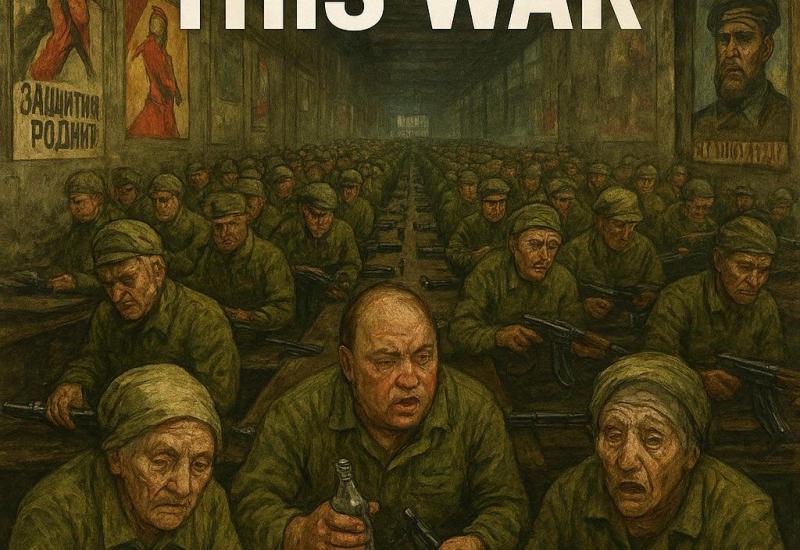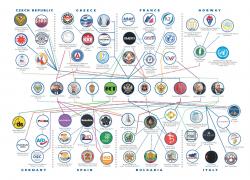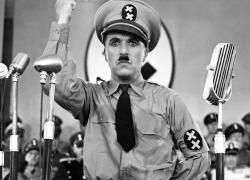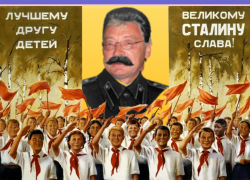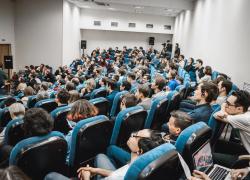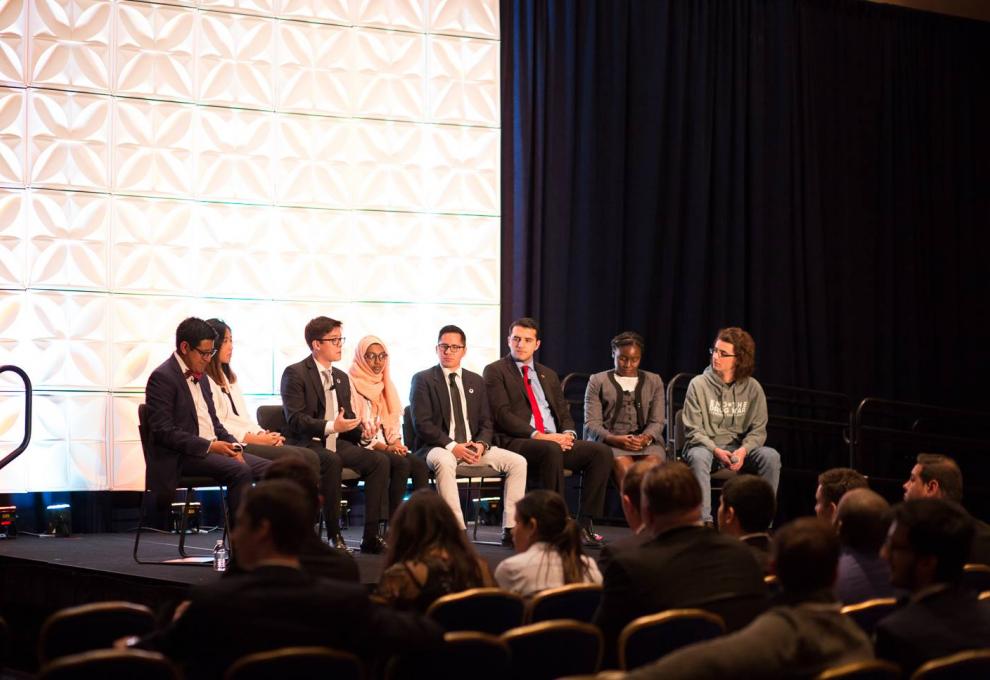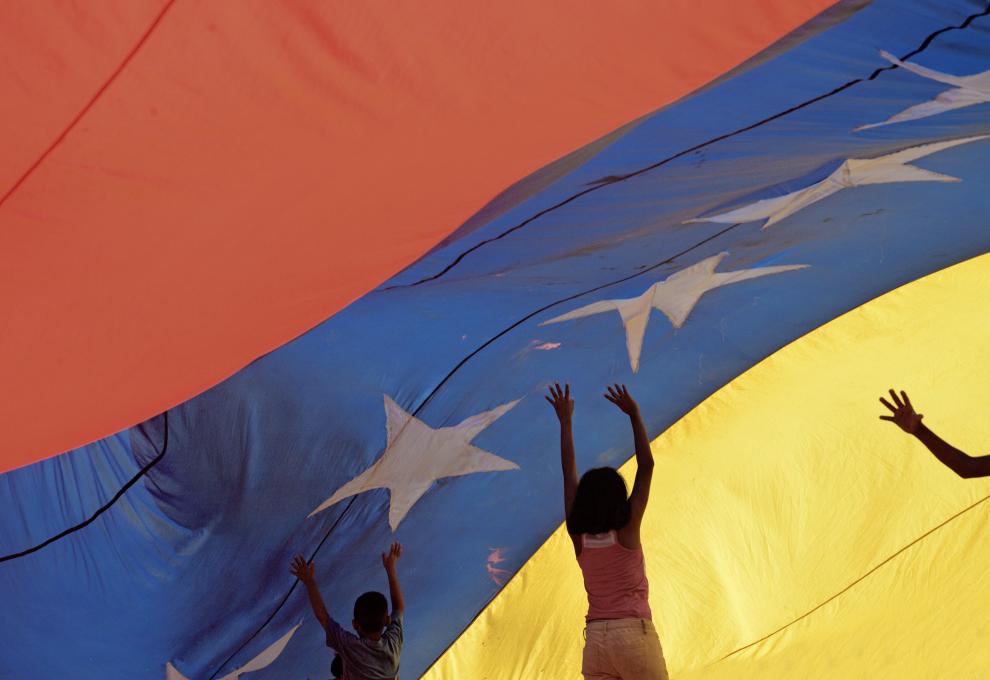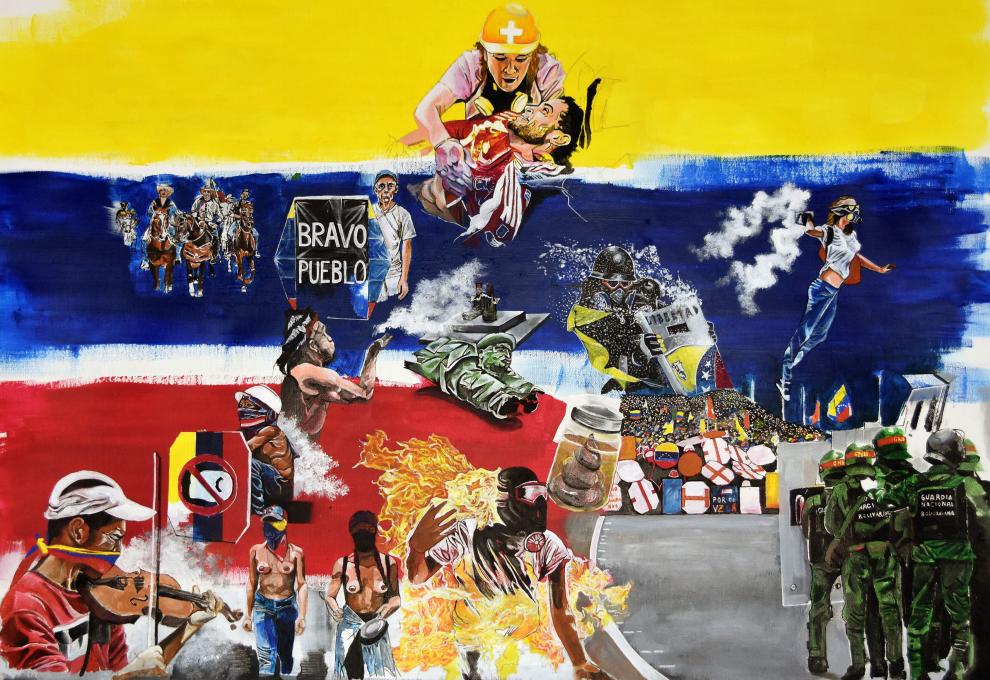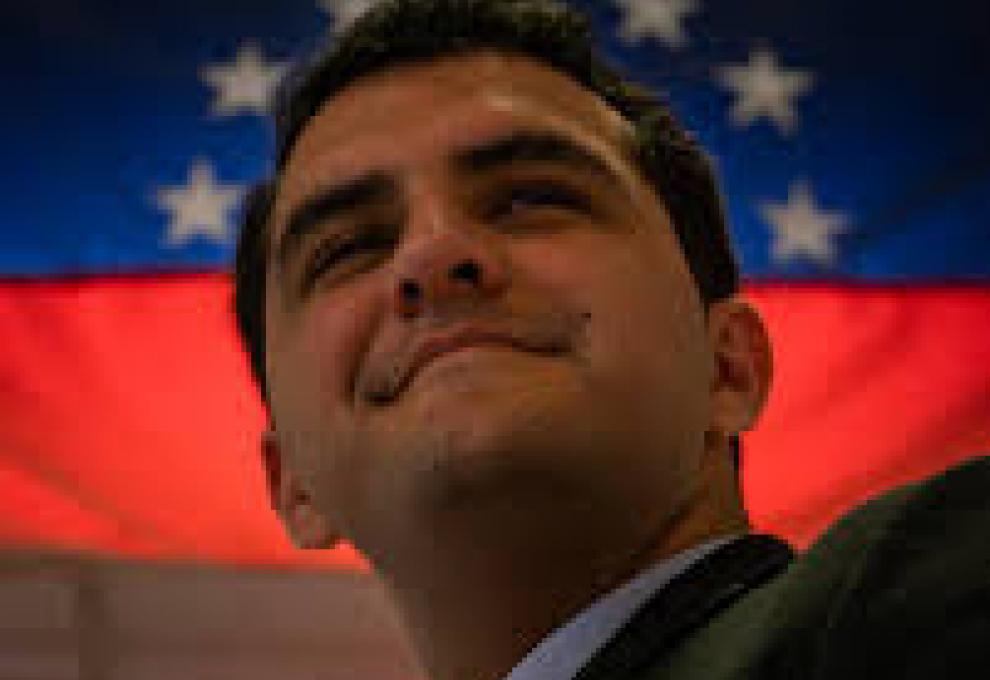There are no Conditions for an Election in Venezuela
Last week, Venezuela experienced its latest sham election. This time is an “election” to renew the country’s national assembly, which is the only institution controlled by the opposition, and the only institution recognized by the international community.
As I mentioned in an op-ed published at National Review, the international community cannot fall for Nicolas Maduro’s latest fraud. In Venezuela, the regime will never call for an election that will put Maduro’s power in jeopardy, as a free and fair election would certainly do. For this reason, what the Venezuelan people are truly demanding is a real presidential election, with observance from international organizations, without political prisoners or banned parties, and without any kind of voter intimidation.
On this matter, how can the Venezuelan people put their trust in an electoral process when the Maduro regime violated the people’s will in 2015 when Venezuela experienced its latest parliamentary election. At the time, the opposition won two-thirds of congress. A political event that many believed, including me, could open the door for a peaceful and democratic transition in the country.
Yet, instead of accepting the will of the sovereign, the Maduro regime doubled-down its repressive system. Since then, the regime has 1) banned most opposition candidates from running, 2) imprisoned prominent opposition leaders such as Leopoldo Lopez, 3) coerced and intimidated citizens into voting for the socialist party, 4) engaged in verifiable manipulation of vote tallies, 5) organized the process through an election authority controlled by members of Maduro’s party, 6) murdered protesters who exercised their right to assemble peaceably, and 7) disallowed international organizations from observing the vote — among other violations of the political rights of Venezuelans.
For these reasons, the Venezuelan people did not go out and “vote” on Sunday. Throughout the country, independent journalists reported that polling stations were empty. In my city, for instance, the streets were completely empty on Sunday. And when I went to the nearest polling station I had, I saw no one voting either. Today, I asked many people whether they voted on Sunday or ever had the intention to vote. Their answers? “Of course not. We don’t trust politicians.” “The game is rigged.” “All candidates are with Maduro, does not matter if they say otherwise.” And the list goes on and on.
Despite this, Maduro claims that over four million people voted on Sunday, a number that could not be further from the truth. Maduro is claiming this so the international community puts in question the legitimacy of the interim government of Juan Guaido, whose legitimacy comes precisely from the fact that he leads the Venezuelan national assembly.
This is why the international community cannot fall for this power play of Maduro. It is not that the Venezuelan opposition boycotted the election, or that they did not want to participate in any election. Quite the contrary, the ultimate goal of the Juan Guaido government is to hold free and fair elections in Venezuela. And that’s the difference. Today, in Venezuela, we do not have the conditions to hold a real election.
In this regard, I also agree with Juan Guaido and the Venezuelan National Assembly in that, according to a legal principle known as “administrative continuity,” all members of parliament should maintain their seats beyond 2020. This until fair, verifiable, and free elections are held in Venezuela.
By Jorge Jraissati
Jorge Jraissati is the president of the Venezuelan Alliance. Graduated at the Wilkes Honors College, Jorge is an economist, political leader, and a fellow at the Abigail Adams Institute. Jorge has been invited as a guest lecturer to over 20 universities, such as Harvard, NYU, and Cambridge.




